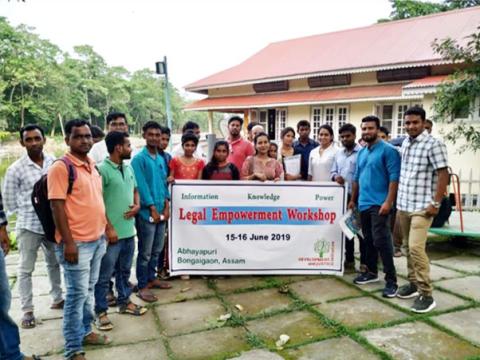A stateless person is defined by the UN as “a person who is not considered as a national by any State under the operation of its law”. Such denial of nationality results in persons lacking several types of rights including access to regular systems of justice and access to basic services provided by the governments. According to the United Nations there are 10 million stateless persons globally. Some individuals are born stateless while others may lose their citizenship rights through various laws and procedures and become stateless.
The 1954 UN Convention on the Status of Stateless Persons and the 1961 UN Convention on Reduction of Statelessness are the basic international laws relating to statelessness. United Nations High Commissioner’s #IBelong Campaign to End Statelessness calls upon member states to end statelessness in their territories by 2024.
India has its own cases of persons on its soil remaining stateless. Citizenship laws and various amendments it has gone through with changes in effective date for proof of residence for acquiring citizenship is one of the causes for statelessness. Some refugee communities and their children remain stateless. Citizenship registration process through the National Register of Citizens (NRC) and citizenship determination through the Foreigner Tribunals (FTs) are legal-bureaucratic processes that are likely to render a large number of people stateless.
Statelessness will be a major impediment in India achieving the Sustainable Development Goals (SDG) since documentation is a requirement for accessing many services, rights and civil registration. SDG 16.9 requires governments to ensure all persons within their territory get some form of legal identity by 2030. Legal identity is a must for achieving the SDGs. Best form of ‘legal identity’ is citizenship. The government must ensure people have access to rights and services by strengthening the citizenship regime in the country and make sure that ‘no one is left behind’ in the process of development.

